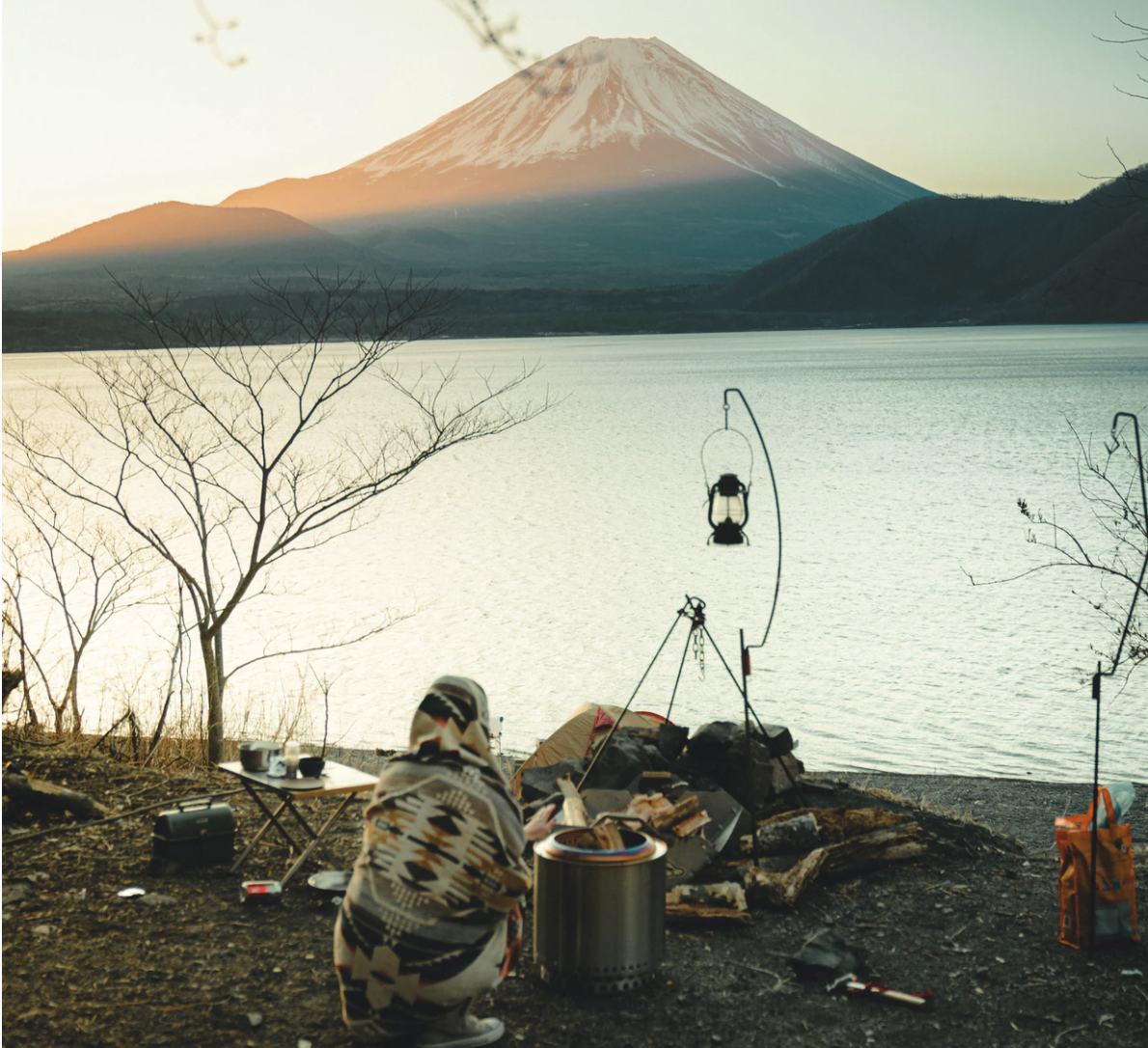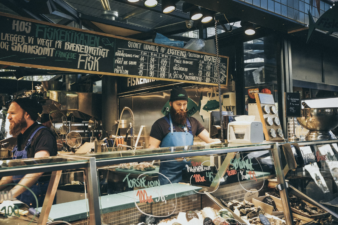People who are not into the virtue of practicing a prepper lifestyle misunderstand this kind of lifestyle. Some would tag it as absurd, a waste of time preparing for a disaster that will not happen. If you have less to no idea about the prepper lifestyle, let this write-up walk you through the journey of a prepper.
What is a prepper lifestyle?
A prepper lifestyle is living a life anchored to prepare for unforeseen destructions and disasters. It is also called a “survival lifestyle” or “survivalism.” Every prepper has a different reason why they choose to be one. And, there is no such thing as one size fits all when it comes to prepping. There are different types of preppers since they differ in characteristics and the kind of disaster they are preparing for.
The level of preparedness about something also differentiates preppers from one another. Also, the kind of prepper a person depends on the place they live in; for instance, preppers in earthquake-prone areas mold themselves to be ready when an earthquake comes.
Reason Why They Choose A Prepper Lifestyle
In a world full of convenience and instants, here are some reasons why preppers still want to go out of their comfort zone and choose the prepper lifestyle:
1. To break the rat race cycle.
Some people are continually exhausted from their everyday routine. The rat race cycle goes from working yourself off, receiving your salary, and going empty-handed after buying all the needs and wants. It is like living today while leaving nothing for retirement.
Preppers want to break this dilemma. They bear in mind that they must earn money today to prepare for the future or for the disasters to come, setting aside buying unnecessary things that cannot help them survive.
2. To gain skills for survival and self-defense.
Preppers always prepare for the worst-case scenarios. They believe that there are crucial skills that they must possess to survive and stay alert when worse comes to worst. However, it is not shooting and jujitsu self-defense skills all the time. It also teaches them how to be frugal, has compassion for others, gardening, basic fix-it skills, home-keeping, and first-aid skills.
Being self-reliant is one of the topmost priorities of preppers. Strive to be the jack of all trades and gain holistic expertise with every skill that they possess because they believe that these abilities serve as armor in times of catastrophe.
3. For lower household expenses.
Even though transitioning to a prepper lifestyle is not simple, some benefits come along the way that contribute to the simplicity of life. Preppers usually live near their workplace, cutting off vehicle or gas expenses. Also, some of them choose to live a life resembling an off-grid one— growing their food, reducing electric consumption, and shutting down some parts of their houses when winter comes to save energy for heating.
Practicing this kind of lifestyle will give preppers a lot of savings for preparing and buying things necessary for the disaster they are preparing for.
4. To lessen the possible impact of an incident on life.
Preppers do not, and all the time, prepare for a zombie apocalypse or the end of the world. They think of how to lessen the harm that an accident, risk, or disaster might bring to the members of the family. They even plan and strategize how to handle financial difficulties, job changes, and power outages.
They even have ample food supply for the whole family if grocery stores are closed or when a lockdown happens.
5. To have peace of mind.
It is pretty scary to think of the possible untoward events that may come. It gives us more anxiety to realize how unprepared we are. It is one reason why preppers put everything in place even though they know nothing about the future. What is important to them is knowing that disasters and risks are a normal part of our lives, and coming prepared will lessen their anxiety and the negative impacts on their lives.
Prepping Must-Haves
Prepping for beginners can be overwhelming, but if you decide to be one, here are some of the things a prepper must have:
1. A physically fit body.
Everything you planned and prepared will be useless if you do not have a physically fit body. Your body will help you lift supplies and other heavy equipment, as well as run fast during a disaster. Through exercising correctly, your body can adapt quickly to strenuous working environments to survive.

Cardiovascular exercises help you strengthen your lung and heart muscles, and weight lifting will grow your muscles for lifting heavy. However, exercise is not enough to achieve a body in shape. Eating clean and healthy while incorporating superfoods provides enough nutrients to stay active for an extended period of time during the survival stage.
2. Batteries, matches, duct tape
Batteries, matches, and duct tapes are necessities; however, their importance is underrated in the typical home setup. In prepping, these things are essential; batteries can power up your flashlight and transistor radios during a power outage; matches are a source of fire, and duct tape is used to hold things sturdily.
3. Heavy-duty knife
Aside from your all-purpose pocket knife, it is essential to have a heavy-duty one. There are many ways to use your knife, such as in food preparation, self-defense, cutting wood and other materials, signal devices, digging, and shelter building. You can also use your knife to start a fire.
4. Cookware and camp stove
Preppers have cookware and stoves that do not need electricity; this lets them cook despite the power outage. Some of them use propane-fueled burners since they come in handy and fit in an indoor setup.
6. A month food supply for the family
Storing food is not enough. Preppers calculate their food supply according to the capacity of each family member. Also, they ensure that the food they hold is rich in nutrients enough to fuel them longer than junk or fast foods.
Stored water and water purifier
Without food, a person can survive for three weeks provided that there is water at their disposal. However, in events that water is scarce, an average individual can only live up to three days. Fluids compose 65% of our body, which explains why water is essential to survive and keep us from dehydration. There are instances where water sources during disasters are unreliable and can be contaminated. A water purifier can help preppers to clean and still use their water supply.
6. Strategic Survival Plan
A true prepper will not go to a war empty-handed. Strategic planning serves as a guide for preppers on what to do before, during, and post – disasters. Moreover, in a family, it is not feasible that only one member is a prepper. Everyone must contribute to their survival. In a plan, it is crucial to state and relay the responsibilities of every family member. Also, mentioning the proper tools used in every situation is a part of strategic planning.
Myths on Prepping
1. Preppers are selfish; they hoard supplies like food, water, and other necessities.
Expert preppers do not hoard goods way too much. The truth is they only stock and store the things they need. They believe that storing stuff for just having supplies will cause them more harm than good if the resources are not beneficial.
Preppers continually add minor additions to their stockpile, and they do not buy in bulk. If you come to think of it, it’s the non-preppers who do the panic buying.
2. Preppers want something terrible to happen.
Preppers only understand that major catastrophic events and crises in society are hard to evade and that people must grow awareness and readiness in themselves. Wherever you live, it is normal to experience natural and human-made disasters.
3. Preppers are heavily armed.
Some of the preppers indeed have guns and other firearms, but not all. Guns can not always protect your family, especially if you don’t know how to use them. Some preppers prefer to put their money on the overall security of their homes, like quality security cameras, locks, and doors. In times of crisis, it is more acceptable to look harmless and weak to stay safe than someone who uses heavy firearms to gain authority.
All in all, prepping lifestyle is grooming oneself to survive in a world full of unwanted surprises. Some people mock and scrutinize them until the Covid-19 pandemic happened. Preppers show how planning and preparation can aid in alleviating the effects of a disastrous event.
Now that you learn about prepping lifestyle remember that you cannot become a prepper in just a snap. The transition from a non-prepper to being a prepper is a step-by-step process that requires patience and discipline. However, if you try to think about the list of skills learned and the worthwhile experience gained, excitement and enthusiasm will fuel your desire to pursue this lifestyle. There are free prepper and survival kindle ebooks to guide you if you want to start being a prepper.




